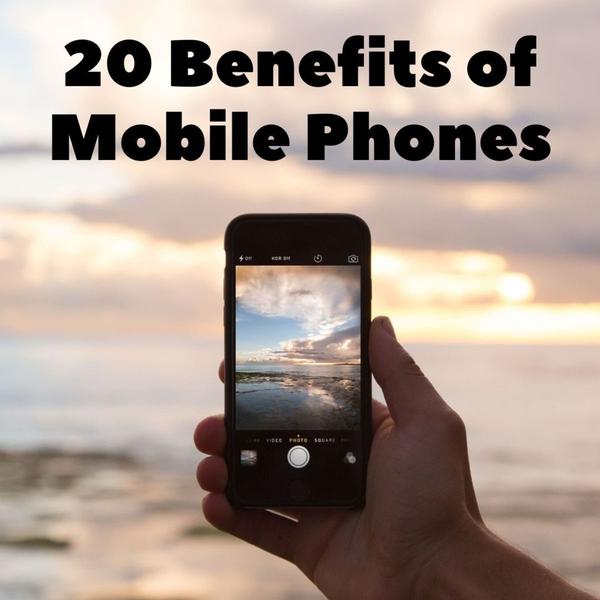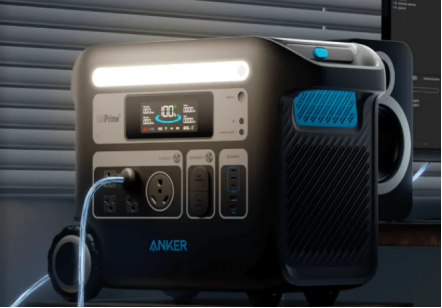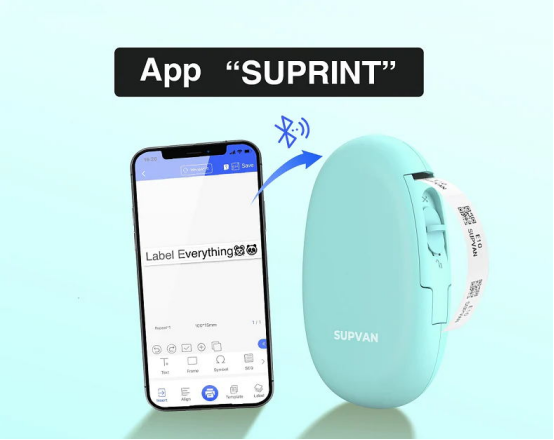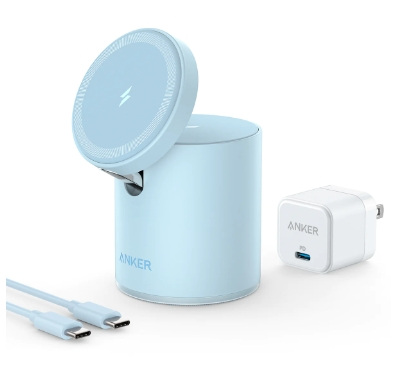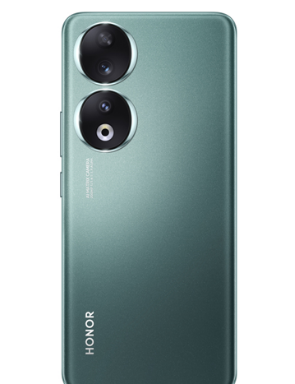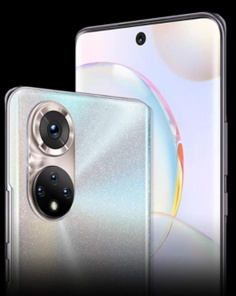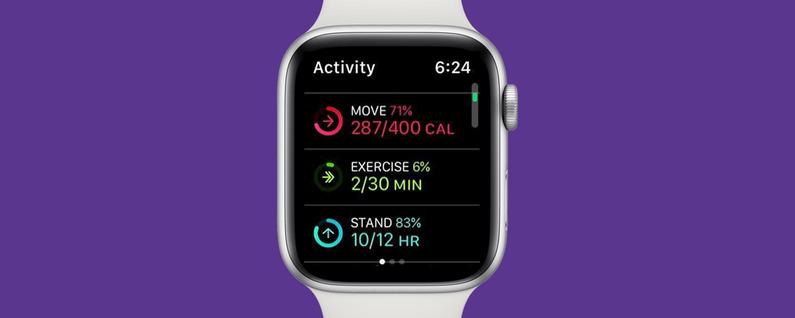
By cuterose
How accurate is the calorie count on your fitness tracker?
Maybe you got a new Apple watch or a Fitbit for Christmas and are ready to start tracking your exercise minutes on your device. These watches are great for keeping that data, setting challenges with friends and setting goals that you want to achieve. You can even reply to texts, and your watch can act just like a phone, and even call 911, which is amazing. I always remember that old TV show “Get Smart” when I talk on my watch!
Most people that work out use their watches to track their workouts and check out their calorie burn, but it is not always that accurate. The Apple Watch tracks workouts and gives you two different listings for calories burned: Active calories and total calories. What the heck does that mean anyway?
The total calorie count is the workout plus the passive activities like breathing and sitting. The active calories, which is the lower number of the two, is the workout itself. Once you select your workout and record it by starting and stopping your watch at the beginning and end of your session, it will give you your average heart rate, time exercised and more. And of course, your calorie burn has all to do with your age, gender, activity level and heart rate.
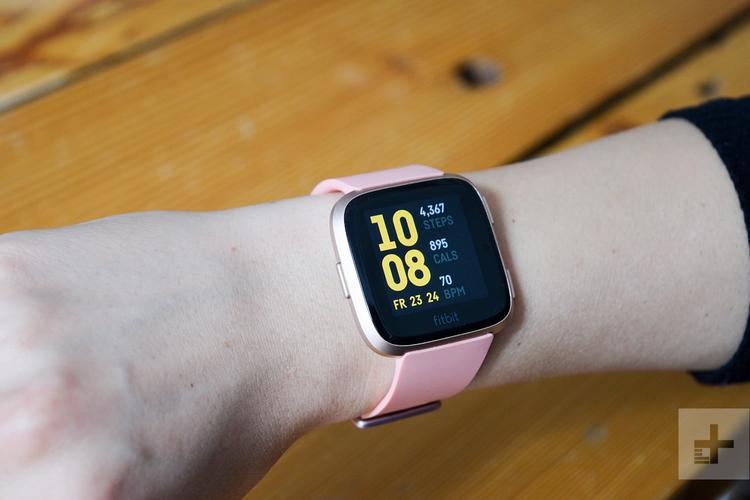
When you first get your tracker, you enter in all the pertinent info about yourself, like height, weight and gender. This determines the results the tracker gives you back. But if you compare that to a treadmill or elliptical at your local gym, you may get completely different numbers. For those machines, you can enter in all that info too. But many people just get on and go without punching in their personal stats, so the feedback may not be correct.
Recently, I was on a hybrid elliptical that is one of the harder ones at the YMCA and the calorie burn on the machine compared to my Apple Watch calorie burn was nowhere near each other. Hard to know what to believe.
While these tools are very handy and the technology is terrific, the accuracy is just not there for calorie burn. There have been many studies to back this up. I do think that the heart rate function is pretty accurate if your watch is fitted properly according to manufacturer instructions. And your heart rate is directly correlated with how hard you work and that leads to the result of how many calories burned.
This type of technology is not going away anytime soon, and it will get better and do more as time goes on. Just don’t trust that it is the accurate truth when it comes to calorie burn. It could be 10-15 percent off either way. Stay away from that heavy lunch or dinner based on how many calories your device says you burned. Use common sense on what you need to eat and don’t base it on what your device says. Instead, let it help you to just move more. You can set reminders every hour to get up and walk. This is handy especially if you have a desk job. Also, it's great to keep track of your fitness activity, sleep patterns and steps per day.
Utilize the attributes of the tracker to set goals and to move more. Trackers won’t make us healthier, but can remind us of what we need to do to stay active, or tell us when we are not doing enough. Sort of like a mom!
Ann Angell is a certified instructor and personal trainer. She is fitness director for the YMCA of Calhoun County. Her “Fitness over 50” column appears the third weekend of each month.


